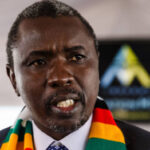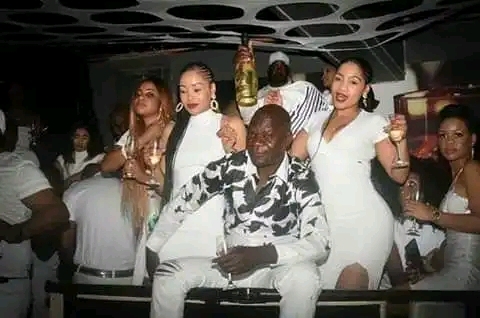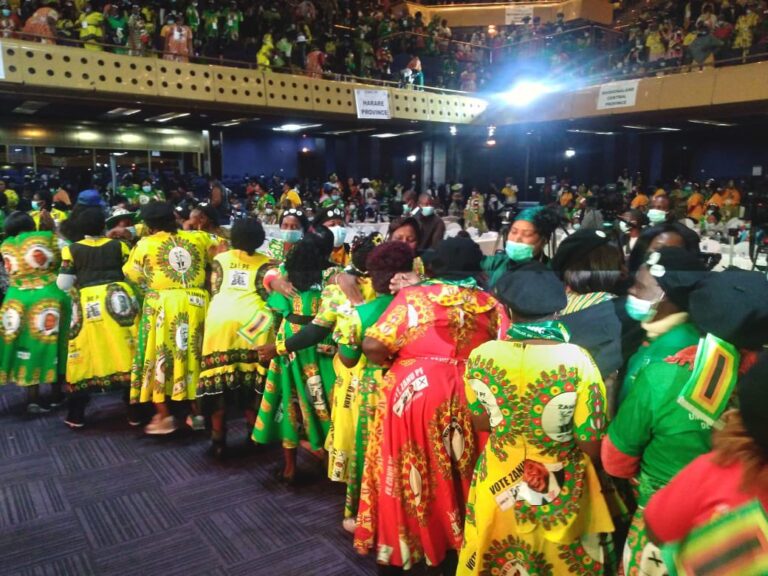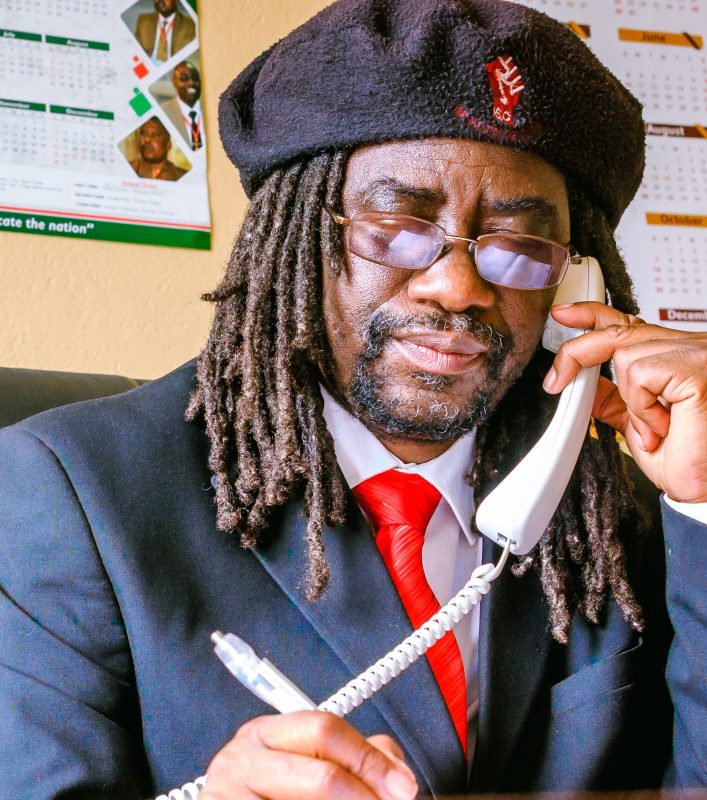HARARE— As talk mounts regarding a proposed mass demonstration on November 17, 2025, organized by opposition figures to declare a definitive "No to 2030," observers are questioning the timing, purpose, and even the democratic principles of the conveners. The target of the protest—the alleged plan to extend President Emmerson Mnangagwa’s term beyond the constitutional 2028 limit to …
Anti-2030 Protests: Is The Opposition Jumping The Gun On A Zanu-Pf Internal Debate?
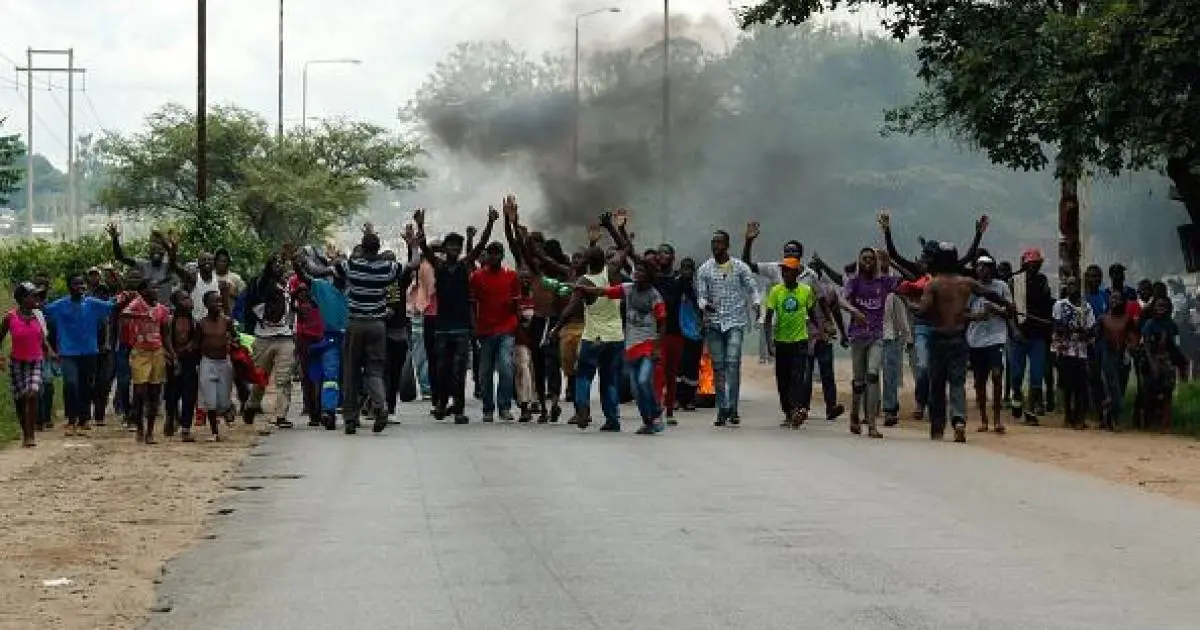
HARARE— As talk mounts regarding a proposed mass demonstration on November 17, 2025, organized by opposition figures to declare a definitive “No to 2030,” observers are questioning the timing, purpose, and even the democratic principles of the conveners.
The target of the protest—the alleged plan to extend President Emmerson Mnangagwa’s term beyond the constitutional 2028 limit to 2030—is currently an internal ZANU-PF proposal, not a formal constitutional amendment bill before Parliament.
This crucial distinction leads to a challenging question for figures like Tendai Biti, Job Sikhala, Munyaradzi Gwisai, and Blessed Geza: Are they organizing a protest against a parliamentary bill, or are they attempting to shut down the discussion within a rival political party?
The Case of Premature Intolerance
Sources within ZANU-PF emphasize that the ‘2030’ question is a party matter, which according to their own protocols, will only be settled and finalized at the 2027 Congress.1 While a recent Annual People’s Conference did endorse the extension proposal and instructed party structures to pursue the necessary legal steps, the resolution is yet to manifest in a legitimate legislative process that respects the country’s constitutional limits.
This context suggests that the anti-2030 organizers are not fighting a change to the law, but rather, fighting a political proposal.
“This then means that Tendai Biti, Job Sikhala, Munyaradzi Gwisai, and Blessed Geza are being premature and, arguably, fairly intolerant of divergent views,” noted one political commentator. “ZANU-PF has the right to discuss its succession and term limit preferences internally. When the protest is against the discussion itself, does that not show a lack of respect for freedom of speech and political organization?”
The push by opposition and activist groups, therefore, risks being characterized not as a defence of the Constitution (which is not yet under formal attack), but as an attempt to stifle the internal deliberations of their political rivals.
A History of Damp Squibs and Public Apathy
The proposed November 17 demonstration comes on the heels of several recent attempts by elements within the opposition and activist circles to mobilize public action—most notably those linked to war veteran Blessed Geza.
Geza, who has been highly visible in calling for one form of action or another on over five separate occasions this year alone, has seen his efforts ignored by the majority of the Zimbabwean public.
Press conferences and attempted street mobilizations in Harare, Bulawayo, and Johannesburg have failed to trend, often registering as a “damp squib” in the face of widespread public apathy.
The organizing groups seem unable to capture the public’s attention, suggesting that the public is simply not paying attention or does not care about the protests’ specific anti-2030 focus at this time. The fact that a recent statement by Nelson Chamisa on Tanzania garnered more public interest than the last three anti-2030 press conferences combined underscores the lack of impact these efforts are having.
The Real Motive: Why Organise a Failed Protest?
If the demonstrations are premature, and the organizers know the public is not responding, the question of the true motive behind the November 17 protest comes into sharp focus: Why else would they be organizing these repeatedly failed anti-2030 protests?
Some analysts suggest that the protests are not truly aimed at the public or Parliament, but rather at external audiences—international bodies and foreign governments—to maintain the narrative of a country on the brink of unconstitutional change. The objective may be to influence sanctions policy or diplomatic relations, rather than effect domestic constitutional change.
Others speculate the protests are being used as a platform for internal factional battles within ZANU-PF, with figures like Geza acting as proxies for powerful forces opposed to President Mnangagwa, desperately trying to prove a groundswell of public dissatisfaction that simply does not materialize in the streets.
Regardless of the motive, the organizers of the November 17 protest risk further marginalizing their cause by protesting a hypothetical constitutional threat, all while appearing to show intolerance for the political discussions happening within a rival party. They must grapple with the fact that, for now, the people of Zimbabwe have demonstrated their indifference.

